-
QUALIFICATIONS
- For Linguists Worldwide
- For UK Public Services
- Preparation
- Policies & Regulation
-
MEMBERSHIP
- Join CIOL
- Professional Membership
- Affiliate Membership
- Chartered Linguist
- Already a member?
- Professional conduct
- Business & Corporate Partners
-
LANGUAGE ASSESSMENTS
- English
- All Other Languages
-
EVENTS & CPD
- Webinars & Events
- CIOL Conferences
- Networks
- CIOL Mentoring
-
NEWS & VOICES
- News & Voices
- CIOL eNews
- CIOL Awards
- The Linguist Magazine
- Jobs & Ads
-
RESOURCES
- For Translators & Interpreters
- For Universities & Students
- Standards & Norms
- CIOL & AI
- All Party Parliamentary Group
- In the UK
- UK Public Services
- Find-a-Linguist
NEWS & VOICES

By Dr Joseph Ford
The decline of languages education in England is a familiar and depressing story. Take-up of French at GCSE is down from 25% in 2009-10 to 18% in 2024-25. German has halved in the same period from 10% to 5%.
There is also a significant gap in take-up at GCSE by disadvantaged pupils (34%) compared with those from more privileged backgrounds...
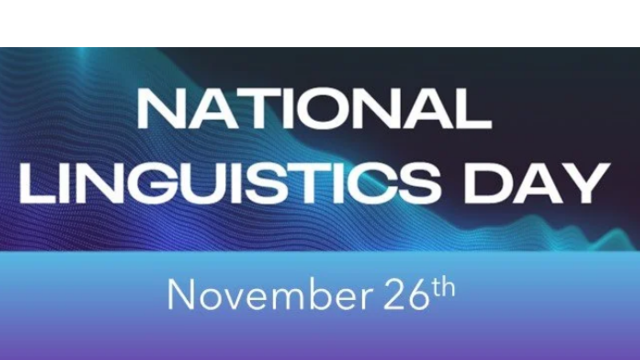
I’m writing this article on National Linguistics Day (26th November 2026) and wondering how many people will learn something about human communication as a result of it today. It is the brainchild of Rebecca Mitchell and you can see how to join in with plans for future years at this link: https://www.linguisticshq.co.uk/national-linguistics-day.
Up...

We continue to receive reports from members who have been contacted by various email addresses with spam and scam content. Thank you to those members for bringing these incidents to our attention. We wanted to share them in case of help or use to other members.
Recent spam and scam emails for infoFrom: Kliffson Marylla <work.kliffsonmarylla11@gmail.com...

By Dr Eyhab Abdulrazak Bader Eddin
Clear yet majestic
The King James Bible of 1611 has profoundly influenced modern English. Commissioned by King James I of England, this translation of the Bible was meant to speak to people in clear yet majestic language.
It quickly became the definitive English Bible for centuries, and along the way it introduced...
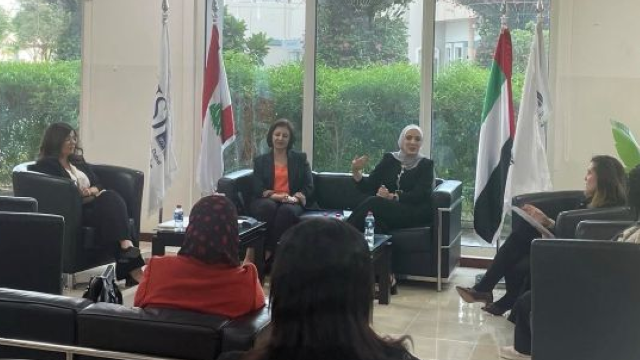
This year CIOL celebrated International Translation Day 2025 with APEX Group International in an innovative hybrid/face-to-face and online collaboration with Saint Joseph University Dubai and ProZ.com.
By Nancy Tahir of CIOL Corporate Partner APEX Group
This year’s International Translation Day conference turned Saint Joseph University...
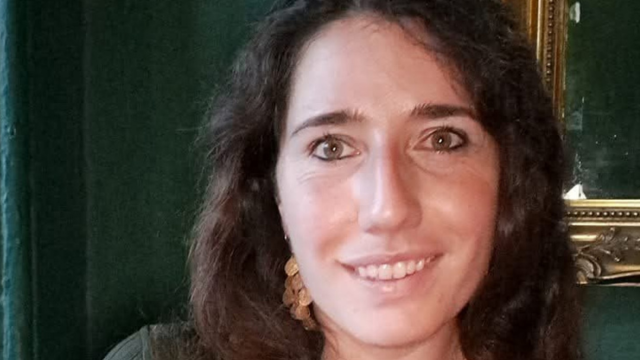
By Emily Boaler
A monolingual mindset
Promoting languages in UK society where the native language spoken is the world’s lingua franca has never been easy…
One might ask: ‘What is The Cause?’ I didn't know myself until one of my University lecturers said to me: ‘Emily, it's great what you're doing for The Cause’. Despite me not coming across the...

Illustration by Maxfield Parrish for Ali Baba and the Forty Thieves
Are you sitting comfortably? Eyhab Baden Eddin on the challenges of translating Arabic short stories
Translating literature is never just about words – it is about carrying stories across cultures without letting their essence fall through the cracks. Arabic short stories come wrapped...

Can impactful human-to-human communications be outsourced successfully to AI, asks Michael Schubert, CT
Embracing tech
I’m a technophile. In my very human career field of translation and copywriting, I embrace technology wholeheartedly. I also advocate for it when I teach and mentor others. I think tech skills are just as critical as language skills for a...
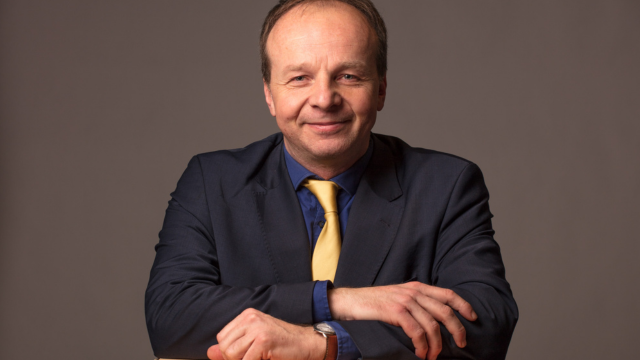
By Julian Hale
Languages have opened many cultural, professional and ‘romantic/friendship’ doors for me over the years.
Learning Latin, French, German, Italian and Spanish has enabled me to become a kind of ‘factotum’, working as a professional interpreter, including for Nigel Short, who challenged Garry Kasparov in the World Chess Championships and...
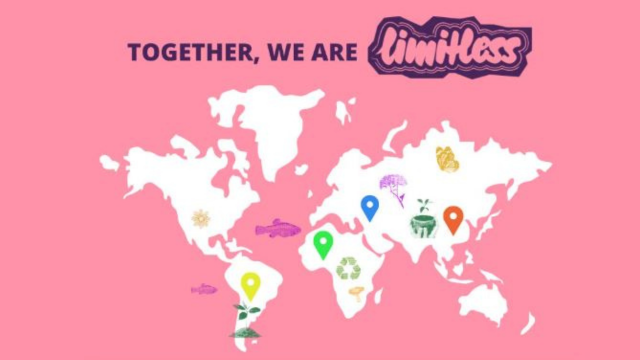
Zoe Moores, David Orrego-Carmona, Pia Ghosh, Tom Bartindale, Delvin Varghese and Margherita Angelucci:
The Action Translate Team, based at the Universities of Warwick, Northumbria and Monash
What is Action Translate?
Action Translate is an all-in-one team, initiative and crowdsourcing platform that supports volunteer translation initiatives....
The Chartered Institute of Linguists (CIOL), Incorporated by Royal Charter, Registered in England and Wales Number RC 000808 and the IoL Educational Trust (IoLET), trading as CIOL Qualifications, Company limited by Guarantee, Registered in England and Wales Number 04297497 and Registered Charity Number 1090263. CIOL is a not-for-profit organisation.
